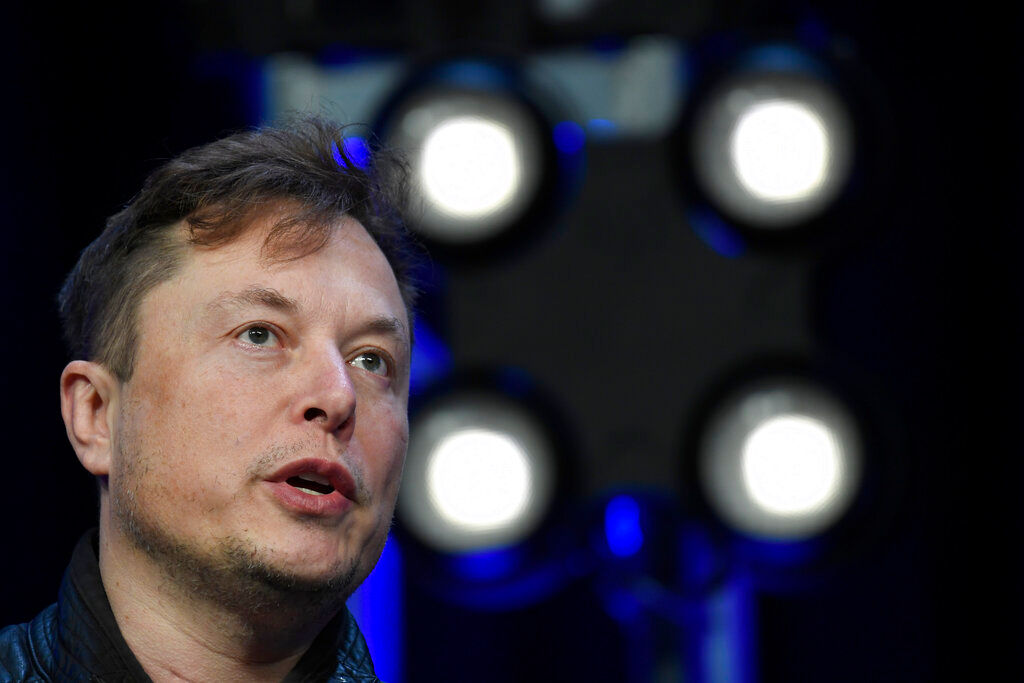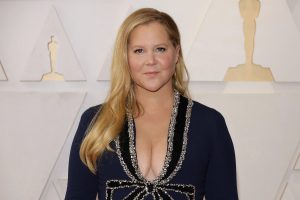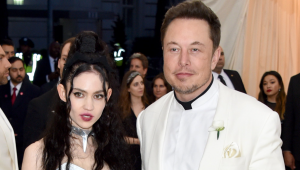Last week, Elon Musk, the world’s richest man took over Twitter for $44 billion. Since there, there has been a lot of debate about how the takeover will affect the political discourse in the US.
The bigger challenge for the CEO of Tesla lies in Asia. Going by the figures, it is the company’s biggest opportunity for growth. Of the platform’s 400 million users, India is the biggest market, followed by Japan, Indonesia, Thailand, the Philippines, South Korea and Malaysia.
Also read: ‘Right now it’s sort of niche’: Tesla CEO Elon Musk to boost Twitter use in United States
However, the region has its unique set of challenges in terms of democracy and freedom of information. Musk will have to confront a plethora of regulations and legal frameworks to stick to his promise of making the platform a “politically neutral” place. On its part, India has warned that it will continue to demand checks on users and content.
A change in ownership would make no difference, Rajeev Chandrasekhar, India’s junior minister for electronics and technology said, according to Asia Financial.
Also read: Met Gala 2022: Elon Musk brings supermodel mom Maye Musk as his plus one
In India, slurs and memes on social media regularly target Muslims and low-caste Dalits. “The problem of caste-targeted expression and discrimination is rife, which Twitter has failed to address in a nuanced and effective manner,” said Raman Jit Singh Chima, Asia policy director at digital rights group Access NowNDTV quoted JJ Rose, a contributor to Australia’s nonpartisan Lowy Institute think tank, as saying, “Asia has the potential to make or break the new Twitter.”
Also read: Poke the beast: Twitter owner Elon Musk recalls kickstart to 2022
Twitter is banned in China. However, the country will still demand a lot of Musk’s attention. Musk’s decision to buy the microblogging site could cause real financial woes and put his car company Tesla’s $5 billion Gigafactory Shanghai on the line.
As the owner of Twitter, the Chinese government feel that it is able to pressure Musk to remove content that it does not like, as Beijing has always done. If Musk refuses to comply, China could start squeezing Tesla’s operations in China.
Also read: MyPillow CEO Mike Lindell re-joins Twitter, gets booted again
“One of the fiercest tests of Musk’s avowed commitment to expanding free speech on Twitter will lie in whether he withstands pressure from Beijing to whitewash criticisms and challenges of China on the platform,” said Suzanne Nossel, CEO of non-profit advocacy group PEN America.







